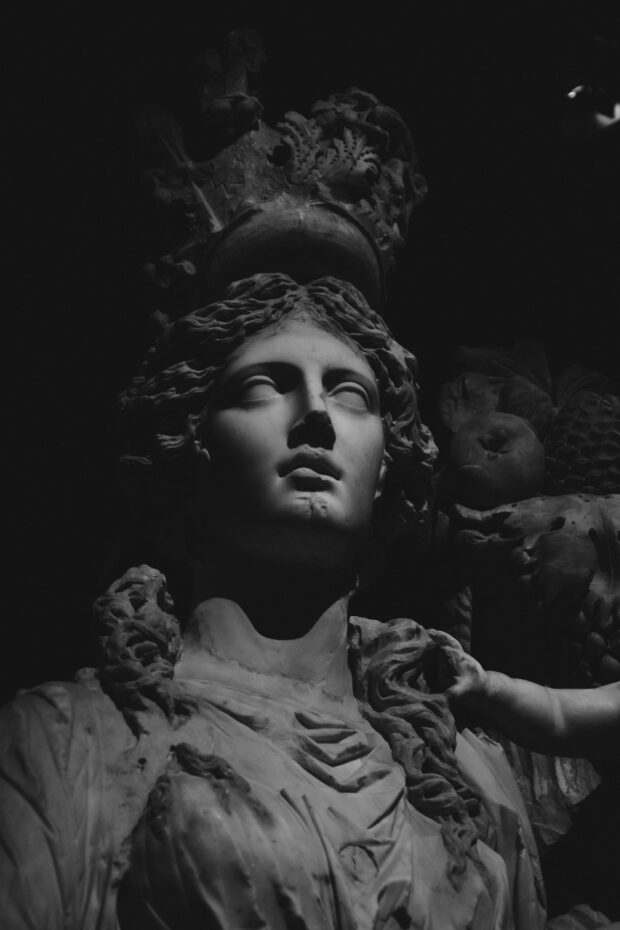You have no items in your cart. Want to get some nice things?
Go shopping
It was the year we studied the Greeks, the summer we filled our bikinis, and the July the American girl came for a month-long stay. Charged with entertaining Ruby, we balked and our fathers raised eyebrows and squinted, as if to say Pardon me, missy. We gazed back wide-eyed and nodded. Americans were to be tolerated. After all, they were just across the border. We never thought to ask why an American would be sent to our enclave on the lake. No one ever came to our bays. They didn’t even know where we were on a map, so how the American girl came to us we never did find out.
Margaret said the girl puked on the boat ride up. She tripped on the dock, slipped on the rocks. She shuddered when told to watch out for rattlesnakes and to wear boots when in the bush. She squeaked like a mouse when Margaret’s mother showed her the chamber pot, hidden as it was under the bed in the bedroom Margaret had to share with Ruby. We groaned in sympathy and then felt a chill when Margaret intoned, This will not do. Margaret was at best unpredictable and when pushed, downright mean. We knew this and pitied Ruby.
But we kept on with our games. We took off in our boats, quizzed Ruby on the Greeks. We worked on our play, practiced our parts. We devised a role for Ruby and then killed her off. We were doing as we were told, more or less, and we were pretty sure Ruby wouldn’t rat us out.
If we gambled and gamboled, and we did, it was an answer to the call of Dionysus, the Greek god of so much, but mostly incipient madness and wild frenzy. And wine, but that discovery was to come later. Still, Dionysus and all the rest! Their names rolled off our tongues like Latin declensions, grouped by number and gender. Aphrodite, Apollo, Athena. Passion, prophecy, wisdom. And Melpomene, the muse of tragedy, because misfortune and death were deliciously sad.
Was there, we now wonder, a warning, a hint, a clue? What did we know of life, much less death? Nothing. We were in our own world, one that is best inhabited by the very young, only we’d blindly left that behind without packing our powers of observation.
In late July, a week before Ruby left, we’d gone out to the Great Rock to rehearse our play – we never did have an audience in mind, it was simply done for the sheer joy of pretending – when Ruby looked at us and said, I don’t want to die.
It’s just a play, Margaret said, and she turned to us and mouthed Stupid.
I saw that, Ruby said. Let me live or I’ll tell your parents.
We knew we’d catch what-for if Ruby tattled. So we let her live. We stripped off our bikini tops, let our budding breasts hang out, used our towels for robes and long sticks for rods, tuned our tinny transistor radios to a distant rock and roll station. We danced, we whirled, we were goddesses gone to Hades to stand with poor Eurydice who’d stepped on a viper and died, and to yell at Orpheus, Don’t look back. Ruby shouted louder than any of us. God, we had fun.
When Ruby left at the end of July it dawned on us that we’d miss her and, to our surprise, we hoped she’d come back. She’d grown on us, and we lined up on Margaret’s dock to see her off. We gave her treasures: a yellow goldfinch feather, sparkling white quartz, the shell of a dock bug, and didn’t Margaret surprise us all by giving Ruby her precious book, Bullfinch’s Greek and Roman Mythology.
At the following Sunday gathering, our parents told us they were proud of us for taking such good care of Ruby. Care? snorted Margaret. We just had fun. Silence descended.
Then Margaret’s father spoke. Ruby, he said, is dying.
Now what do you say when you hear that?
That winter, Margaret received a letter. In it was a small ruby ring with a note from Ruby. Watch out for snakes, it said. Just watch out.
About Catherine Parnell
Catherine Parnell is an editor, educator and co-founder of MicroLit Almanac and Birch Bark Editing. She’s the Director of Publicity for Arrowsmith Press and she also works with Florida Center for Government Accountability. Her publications include the memoir The Kingdom of His Will, as well as stories, essays and interviews in Mud Season Review (story and interview) Switch, Emerge (ELJ), Cult, Orca, Grande Dame, West Trade Review, Tenderly, Cleaver, Free State Review, Barnhouse, The Brooklyn Rail, The Rumpus, The Southampton Review, The Baltimore Review, and other literary magazines.
- Web |
- More Posts(1)




